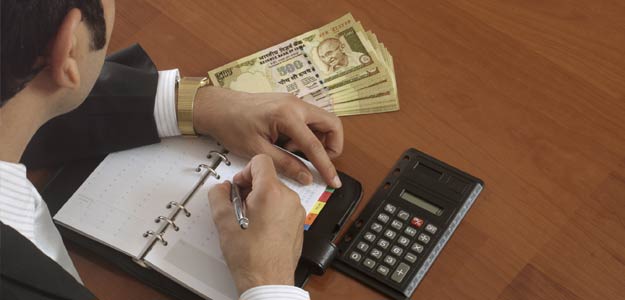When it comes to
Bankruptcy Hobart, typically people
aren't aware that there may be both voluntary, and involuntary bankruptcy - the
two have unique approaches and guidelines.
Involuntary bankruptcy
happens when someone you owe money to involves the court to declare you
bankrupt. Usually when you get one of these kinds of notices, you have 21 days
to pay all the debt. If you don't, then the creditor goes back to the court and
asks the court to provide a sequestration order that declares you bankrupt. A
trustee is assigned, and then you have 14 days to get the paperwork in then
afterwards you are bankrupt.
You can
challenge a bankruptcy notice by going to court right after the 21 days have expired
and put your case forward, to prevent it going to the next level. Apart from
the way you became bankrupt there is in reality no distinction between
Involuntary Bankruptcy and or Voluntary Bankruptcy - once you are declared
bankrupt, they're administered to in the exact same way.
However, when it
concerns Bankruptcy for this, the stress and anxiety, torment and fear that
accompanies this method is incredible. If you think you are more than likely to
be made bankrupt by someone, get some suggestions and act on that advice.
Generally I've found it's always far better to know what you can and can't do
before you have an individual bankrupt you. Once you are bankrupt, it's
normally far too late.
Voluntary Bankruptcy
On the other
hand, when it comes to Bankruptcy, sometimes there are moments that it is the
most ideal option. So you may want to ask yourself, 'when should I consider
voluntary Bankruptcy?'.
This question is
not the very same for each person of course, but more often than not I find
that one way you could work it out is to figure out just how long it will take
you to pay all of your debts - if its longer than 3 years (the period you are
declared bankrupt), then this may serve to help you make that decision, and
help you to understand Bankruptcy.
Once, I had an
80 year old pensioner, who spoke to me once regarding * Bankrupcty tell me that
her credit card statement calculated how long her debt would take to pay at the
rate she was paying off her account, and it was 35 years! Imagine 35 years for
one credit card bill.
Credit rating
damage can help you think this through. If you move house and fail to remember
to pay your $30 phone bill for 6 months more, it's very likely the phone
service will default your credit file. That default will sit on your file for 5
years, so for $30 you can have your credit file truly damaged for that period
of time - and all of this will impact how you have to approach Bankruptcy.
In many ways,
the ease with which companies/credit providers can default your credit file is
wrong. The punishment doesn't seem to equal the crime in my book. So if you
already have defaults on your credit report for 5 years, bear in mind that
bankruptcy is on your credit file for a total 7 years then its erased
completely.
So if your
credit rating is a big issue in trying to decide whether to enter into a Debt
Agreement or Personal Insolvency Agreement or Bankruptcy remember they will all
sit on your credit file for a total of 7 years. The biggest variation is that
with a DA or PIA you repay the money and nevertheless have it on your file for
7 years.
Bankruptcy
I have mentioned
the word a few times now, but when it comes down to it, Bankruptcy is the
biggest part, and the element more people are afraid of when they come to me to
review their financial situation and Bankruptcy. The other side of crime and
punishment equation is bankruptcy, and in this country the provisions are very
generous: you can go bankrupt owing millions of dollars and after 3 years it's
all finished with no strings attached. Compared to countries like the United
States, our bankruptcy laws are very generous.
I don't pretend
to know why that is but a couple of hundred years ago debtors went to prison.
These days I suppose the government feels the sooner it can get you back on your
feet working and paying tax, the better. It makes more sense than locking you
up which costs the taxpayer anyway.
Bankruptcy wipes
every one of your debts including ATO debts with the exception of a few
things:
·
Centrelink Debts, Court Fines
like parking and speeding fines.
·
HECS or Fee Help loans.
·
Money to take care of a car
accident if the car was not actually insured.
There is a lot
more that can be said about this and Bankruptcy in general but the objective of
this blog was to help you decide between a few readily available options. When
getting some advice, bear in mind that there are always choices when it comes
to Bankruptcy in Hobart, so do some study, and Good luck!
If you wish to
learn more about precisely what to do, where to turn and what questions to ask
about Bankruptcy, then feel free to speak with Bankruptcy Experts Hobart on
1300 795 575, or visit our website: bankruptcyexpertsHobart.com.au.






